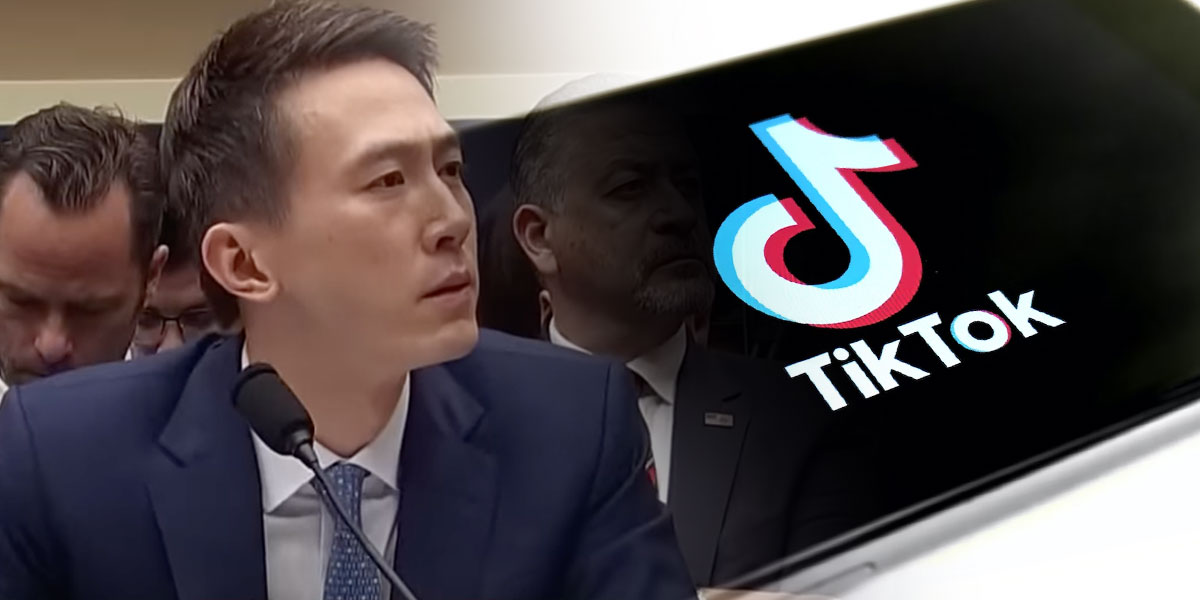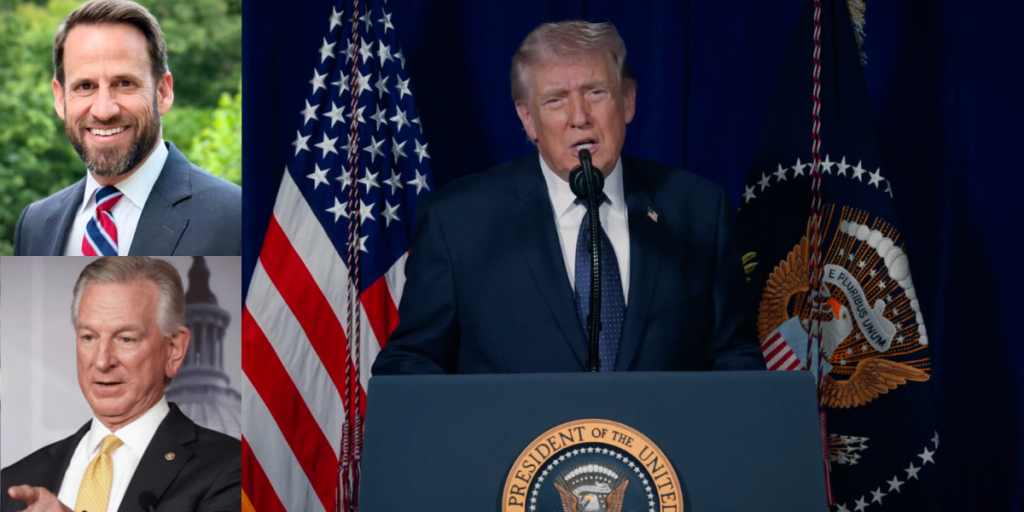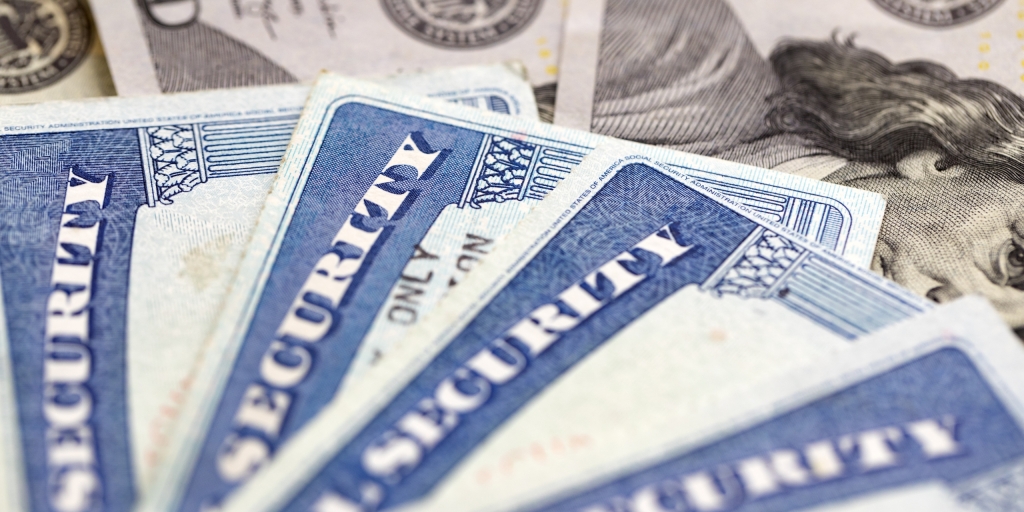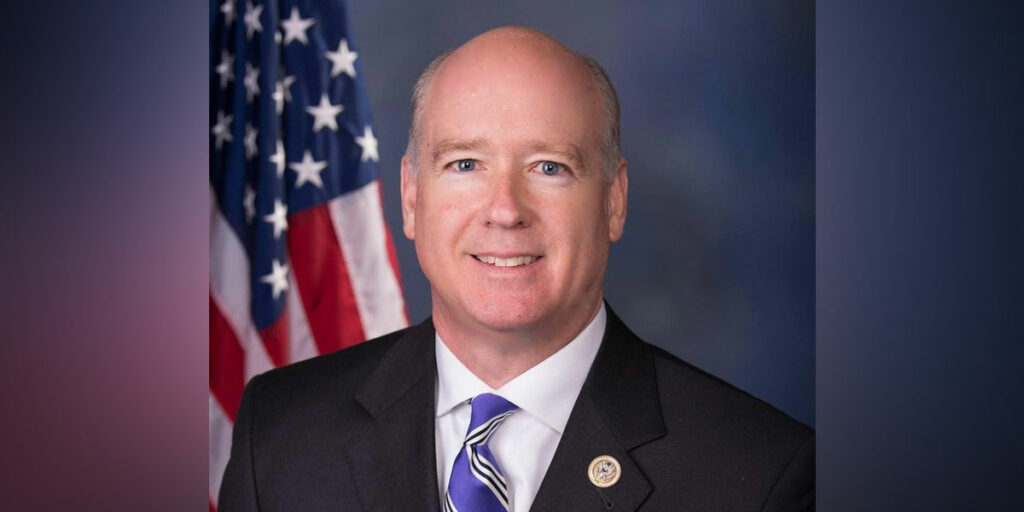The House Energy and Commerce Committee grilled ByteDance CEO Show Zi Chew as Congress seeks to either force a sale of TikTok to a U.S. company or ban the app. Multiple factors are producing a coalition to ban something enjoyed by millions of Americans.
One factor is social media’s alleged impact on anxiety and depression on teens. The research is out of my field of expertise so I will not comment on its strength. History though reminds that new media frequently produce panic. TV and video games supposedly harmed prior generations of Americans.
Even if social media and specifically TikTok harmed teens, we should try a more focused protection strategy first. Limiting minors’ social media access is not something I favor but would consider before a ban for all Americans.
National security issues have been more prominent, both the sharing of Americans’ personal data with the Chinese Communist Party (CCP) and TikTok’s propaganda potential. CEO Chew says the company will store American users’ data on servers outside of China and not share this with the CCP. Data sharing does not appear to have occurred to date.
I seriously doubt the company’s ability to keep users’ data from the CCP. The increasingly authoritarian CCP could, even if they do not already have backdoor access, threaten company executives (and their families) for access.
TikTok users should assume that the CCP can access their data. So what? Facebook, Google, and Twitter collect (and share and sell) similar data to TikTok. Lots of information about each of us is already available. The CCP could likely find out everything they could get about a user from TikTok through alternative means. TikTok’s critics are never specific about how the CCP will use all this personal data.
Big data is a boon for advertising, allowing companies to identify many other things their customers do, browse, or buy online. This helps target ads to persons most likely to buy a product.
Advertising is part of the voluntary market economy. Targeted ads might be disconcerting – like seeing an ad for a book I just browsed on Amazon pop up on another website – but help companies be more persuasive. No matter how many ads you see, you still must choose to make a purchase.
How does improving the effectiveness of persuasion affect government spying?
Do we fear targeted ads recruiting Americans to spy for China?
Now let’s consider TikTok as a communist propaganda tool. The competition for eyeballs on TikTok and social media is incredibly intense. Users looking for content from top TikTokers such as The Rock, Jason Derulo, Charlie D’Amelio, or Bella Poarch are not going to watch boring propaganda videos instead. I suspect propagandistic ads would be similarly ineffective.
Fears of CCP propaganda seemingly reflect the same mindset that Russian social media trolls swung the 2016 election. Yes, Russian government employees posted material on Facebook. And bot accounts liked and shared other content. The Russian-linked accounts posted little material and attracted less attention.
Furthermore, the CCP can more directly and effectively influence Americans. The lure of access to the Chinese market leads Apple, Disney, and the NBA to remain silent about China’s human rights violations. Many elected officials have lucrative Chinese business deals.
Politicians are proposing shutting down a successful business. Forbes’ John Tamny has described this as a “mugging.” Tens of millions of Americans choose to post and watch TikTok content, seemingly without fear of becoming pawns of the CCP.
Americans use TikTok to earn a living. Charlie D’Amelio makes over $100,000 per post from sponsorships. She and other TikTok influencers achieve this through their own talent and effort. The bar to shut down or disrupt the livelihoods of law-abiding Americans should be extremely high.
Valid national security claims must go beyond fears and possibilities. Otherwise, any business could be shuttered for its potential future foreign collaboration. Politicians should not be allowed to disrupt business and life because they fear monsters under the bed or seek votes in the next election.
Daniel Sutter is the Charles G. Koch Professor of Economics with the Manuel H. Johnson Center for Political Economy at Troy University and host of Econversations on TrojanVision. The opinions expressed in this column are the author’s and do not necessarily reflect the views of Troy University.










